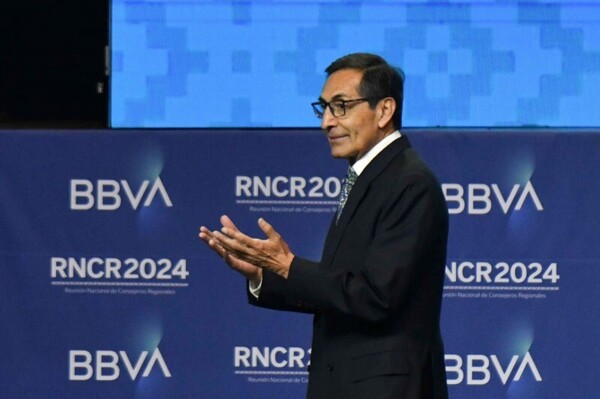
In Mexico, 50 million cups of instant coffee are consumed daily, benefiting coffee growers from Oaxaca, Guerrero, Puebla, Chiapas, and Veracruz. These producers, who cultivate Arabica and Robusta varieties, provide the beans that a well-known food company uses to make its instant coffee, highly appreciated by the Mexican population.
Fernando César, vice president of Coffees and Beverages at Nestlé Mexico, mentioned that the combination of Arabica and Robusta beans from different regions allows the brand to offer a wide range of products that satisfy different tastes. This diversity of origin ensures the creation of blends with unique sensory profiles for consumers.
The company works with suppliers to acquire coffee beans, who are responsible for preparing the coffee to be roasted and transformed into instant coffee. Through the Nescafé Plan, Nestlé promotes the sustainable production and supply of coffee, working closely with small producers by providing them with technical assistance, delivering disease-resistant coffee plants, and other support.
These initiatives have improved productivity per hectare and increased the income of coffee growers, contributing to the economic and social development of coffee-growing regions in Mexico. For example, through seedling deliveries to farmers, they can increase their income per hectare by up to three times, as well as participate in educational and entrepreneurship programs to promote the continuity of coffee cultivation in the country.
Fernando César stressed that the Nescafé Plan is open to all producers who wish to join voluntarily, without establishing restrictive sales agreements, thus respecting the autonomy of producers in the market. This collaboration not only boosts the agricultural sector but also contributes to the sustainable development of local communities.
Regarding sustainability, Nestlé aims to produce 100% sustainable coffee by 2025. The company uses recyclable packaging, implements the use of biofuels, and aims to achieve net-zero emissions in the future to combat climate change. Its biomass boiler utilizes coffee husks, a by-product of coffee, as fuel, generating 70% of the steam necessary for its processes.
In summary, Nestlé, in addition to collaborating with coffee growers to improve the efficiency and quality of coffee production, is also committed to reforestation in affected areas and aims for coffee to have a positive environmental impact throughout the value chain. This comprehensive approach seeks not only to offer high-quality coffee but also to contribute to the well-being of producers and environmental care.













